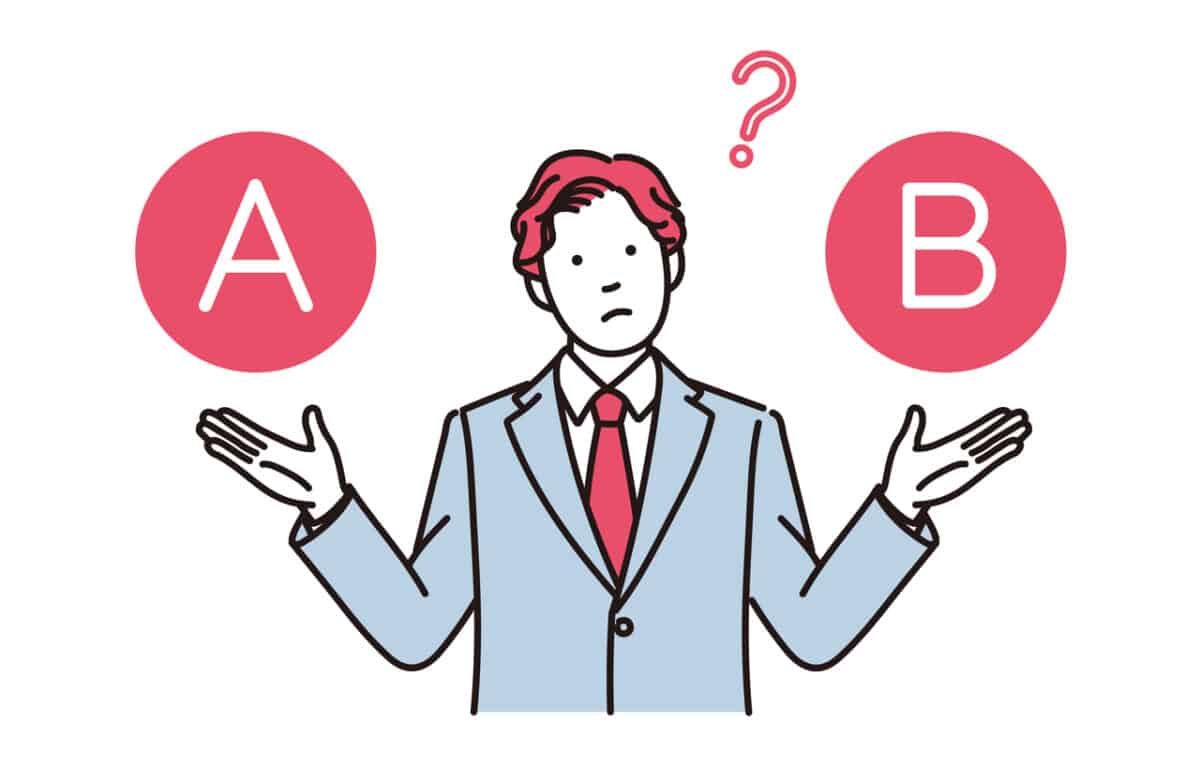The Precautionary Principle has appeared regularly in SafetyAtWorkBlog articles. There is a new publication from the American Industrial Hygiene Association (AIHA) in which this principle is succinctly explained in relation to COVID-19 but equally applicable to decisions on occupational health and safety (OHS).
The new publication “The Role of the Industrial Hygienist in a Pandemic, 2nd edition” includes a chapter on the Precautionary Principle. It is the first section of that chapter that is most relevant. It says:







